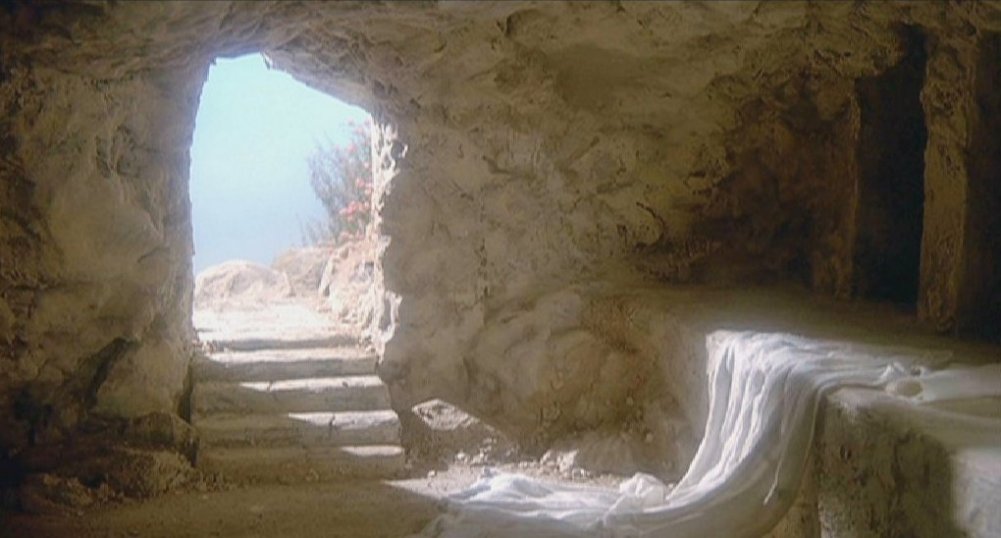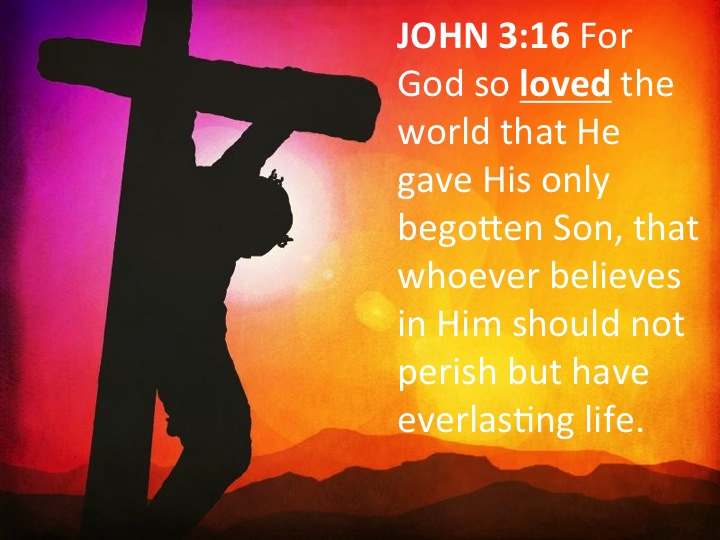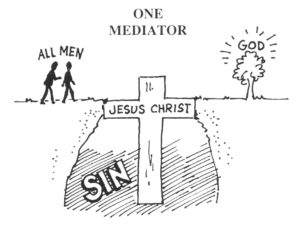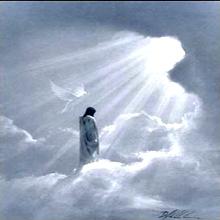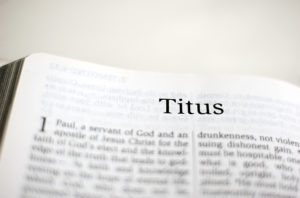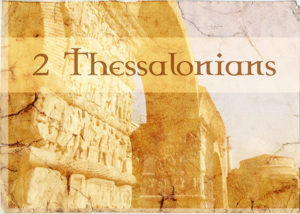Importance of Eyewitnesses of Jesus’ Death & Resurrection
Critics of the Bible often say there are no eyewitness accounts recorded in the Bible of Jesus’ death and resurrection. This article examines the facts of the issue of whether there are eyewitnesses of Jesus’ death and resurrection.
“Many have undertaken to draw up an account of the things that have been fulfilled among us, just as they were handed down to us by those who from the first were eyewitnesses and servants of the word. With this in mind, since I myself have carefully investigated everything from the beginning, I too decided to write an orderly account for you, most excellent Theophilus.” (Luke 1:1-3 NIV)
